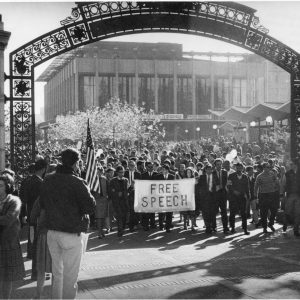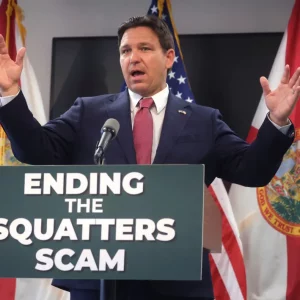
The UK general election will be held on May 7, and the race is on between the ruling Conservative Party led by Prime Minister David Cameron, and the opposition Labour Party led by Ed Miliband. The latest polls show the two parties virtually tied, meaning it is likely a coalition with other parties will be needed to reach the necessary 326 seats to form a government.
Right now, the current government is made up of a coalition of the Conservative Party, or the Tories, and the Liberal Democrat Party. However, in recent years, the Lib Dem Party has seen its popularity consistently decline, which is why projected polls show that this coalition would not yield enough seats to form a government, even if the Tories won the most seats. Even if UKIP–the right wing nationalist party led by Nigel Farage–were to join the coalition, the Conservatives still would not have enough seats, as UKIP has also seen their popularity ebb.
The party projected to win the third most seats is the Scottish National Party (SNP), a party that strongly opposed staying in the UK during Scotland’s referendum earlier this year. There had been earlier indications that it would be open to forming a coalition with Labour if needed, though both parties have denied that for the time being. The talk of this coalition has sparked a massive reaction, as Cameron has stated that the prospect of it is “frightening” as SNP leader Nicola Sturgeon has refused to rule out another independence referendum. One issue that is a sticking point if a coalition were to be formed is Labour’s support for Trident, Britain’s nuclear defense system, which the SNP unequivocally wants to get rid of. There have even been suggestions that the SNP could withhold reauthorizing defense spending if this does not happen.
The key issues in this election include the deficit, European Union membership, and immigration. The Conservative Party pledges to replace the deficit with a surplus by the end of Parliament, which Cameron says the Tories are well-equipped to do after they saw the country through the aftermath of the 2008 financial crisis. They also plan to have a referendum on Britain’s European Union membership. Labour pledges to cut the deficit every year while raising the minimum wage and increasing the mansion tax for properties worth over £2 billion in order to fund the National Health Service, which they have claimed the Tories are trying to privatize. They also pledge to decrease income inequality, which they say has worsened under the current government, as evidenced by the number of people now dependent on food banks. Miliband has also stated there will be no EU membership referendum.
With regards to immigration, UKIP pledges to limit the number of skilled workers to 50,000 allowed in per year and to institute a five year ban on unskilled immigration. Immigration has become an increasingly urgent concern, as the number of migrants entering European countries increases daily, while many more have tragically died along the way. The current government opposes rescue missions; they contend that rescues encourage more migrants to undertake the perilous journey in the first place. Miliband has stated that he would pressure the EU to restart their rescue missions. Foreign policy has not really played a role in the current election, as domestic issues have taken precedence. UKIP’s positions, however, appeal to a significant part of the electorate that believe British jobs are being taken by immigrants, which in turn forces other parties to address this issue.
The election is too close to predict, with polls showing the two largest parties neck and neck. Nevertheless, tomorrow’s election will shape the path that Great Britain follows on myriad pressing issues. Due to the array of parties that may have a voice in the winning coalition, it will also be more than just a simple Conservative or Labour Party win.




